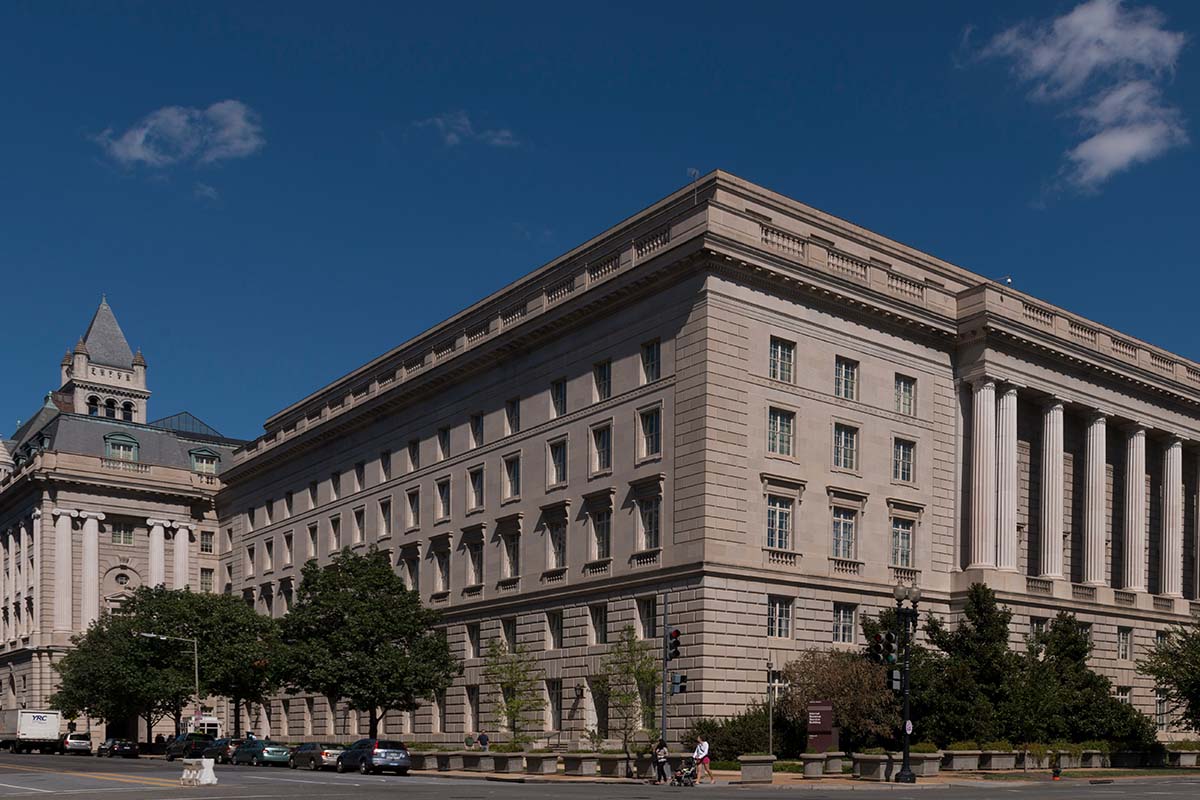
November 4, 2016; Fast Company, “Co.Exist”
As Atlantic Philanthropies grows closer to its day of reckoning, it’s not quite ready to pass without anointing a successor or two. As we reported earlier this year, the massive fund was due to give its last grant this year while maintaining some monitoring operations until 2020. We wrote then:
Feeney is not a hands-off type of philanthropist. He’s reputed to have played a role in the Irish peace process and the IRA ceasefire, and more recently in the marriage equality struggle there. Elsewhere, he has given to causes as diverse as pursuing human rights, fighting child poverty, and studying dementia and neuroscience in general. But neither does he fit the mold of the new philanthropic peacock; instead, he lives modestly and stays under the press’s radar. In fact, until 16 years ago, grantees of Atlantic Philanthropies were obliged to list any grant as being anonymous. The corpus of the foundation was kept offshore to avoid reporting requirements—so it may not be a model of transparency. But Bill Gates and Warren Buffett of the giving pledge credit him as their “hero” and a major champion of giving while living.
According to its website, Atlantic Philanthropies has always made “big bets to make lasting results for a better world.” They search for “trigger points” for social change. The philosophy is that if you can find just the right project and implementation strategy, you can fund it to the point of creating a tipping point. Atlantic Philanthropies holds that “Big” dollars, when expended correctly and strategically today, often referred to as “giving while living,” can have a far greater impact than dispersing smaller grants to many causes over time.
Atlantic’s final exit plan has been designed to address lessons through a sunset protocol that sets aside a separate fund titled “Global Opportunity and Leverage”—or GOAL—work. Last year, Atlantic President and CEO Chris Oechsli shared that the group wants to give grants that will “continue the work of Atlantic after they are gone.”
Sign up for our free newsletters
Subscribe to NPQ's newsletters to have our top stories delivered directly to your inbox.
By signing up, you agree to our privacy policy and terms of use, and to receive messages from NPQ and our partners.
This past year, Atlantic Philanthropies invested $15 million to establish the Social Change Initiative, an international nonprofit organization with a mission to improve the effectiveness of activism for progressive social change, particularly in divided societies, and to influence the way this work is funded and continues to be supported. They also granted $50 million to “help bankroll the Civic Participation Action Fund in Washington, D.C., whose stated mission is to promote racial equality, economic opportunity, and democratic participation among low-income people of color through advocacy and civil engagement.”
The similarities of traditional and limited-life foundations were observed in Nonprofit Quarterly’s “Perpetuity or Spend Down: Does the Notion of Lifespan Matter in Organized Philanthropy?” by Francie Ostrower. When 850 foundations were surveyed, it was difficult to distinguish limited-life foundations from traditional foundations. Smart investments that produce the greatest positive impact resulting in lasting change can be found in the best foundations, regardless of their designated time horizon.
The work of social change is complex and interconnected, and the results are prone to revert to form even as advances are made. So, as they near their lifespan’s end, Atlantic’s focus is on continuing their work after their doors close. Atlantic Philanthropies is working hard in its final years to sustain underfunded projects and continue its work by distributing assets to other charities. Regardless of foundation type, the depth and intensity of the foundation’s research, as well as effectiveness of strategy and project investment, are more likely the true drivers behind long-term systemic change.—Michelle Lemming
Note: Atlantic Philanthropies funds Fast Company’s coverage of philanthropy.











